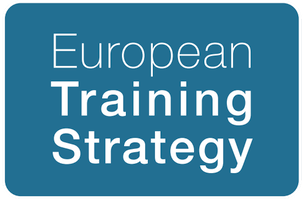

The single skills are summarised in different headlines that illustrate what “facilitating learning” means for youth workers skill-wise. The “cluster headlines” do not name skills as such; these can be found through clicking on the lists.
Carefully chosen approaches and methods need to fit the purpose of the activity and the young people’s needs. + -
This requires skills to:
- assess the learning needs and objectives of the learners
- choose appropriate methods accordingly
- identify dimensions and stages in group processes/dynamics
Learning also happens through reflection and emotional support. + -
In this matter, the related skills are to:
- initiate and support self-reflection on learning
- build and support the self-confidence of (young) people
- enable reflection on issues connected to values, ethics and norms, or those that may be emotionally charged
- empathise in a way that the learners feel challenged and supported at the same time, so that they can learn from the experience
- address crisis situations
- guide others to channel feelings into action, including in online environments, where appropriate
Working with resources is needed for the learning process of youth workers. + -
Thus, they must be able to:
- identify, organise and refer to those resources to support their own learning process, too
Learning processes have a solidarity dimension and can also have an impact on communities. + -
Youth workers can contribute to this by:
- generating an environment in which group members can show and build solidarity within the group
- facilitating learning towards community impact
← all competence areas



